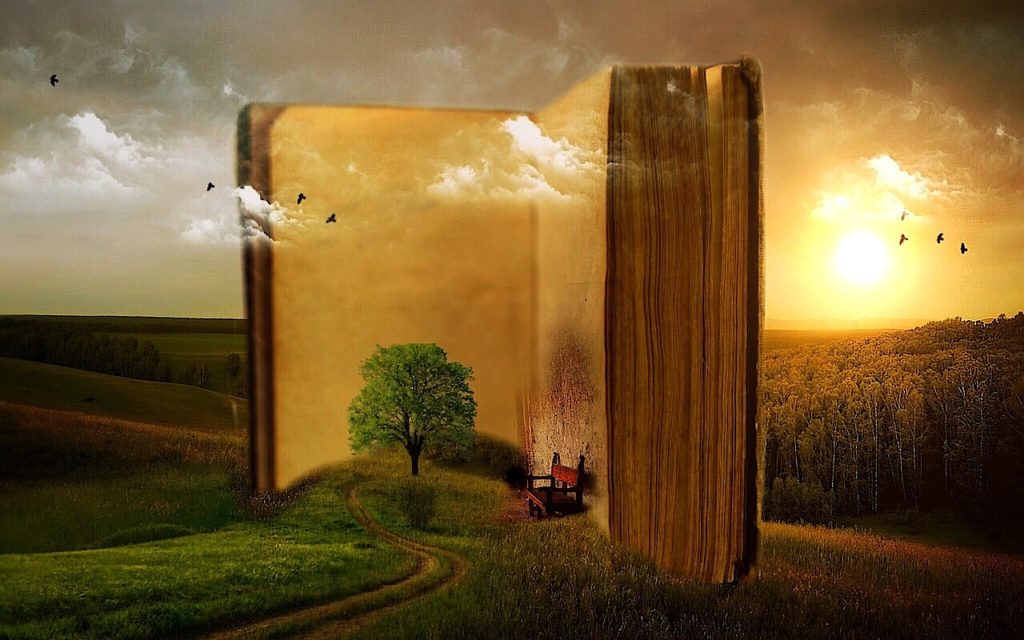Why Do We Relate To Epic Journeys?
You’ve been on a journey.
So have I.
So has everyone through the history of the world.
In fact, you’re on one right now. It might not be literal, such as traveling through Europe or flying cross-country on a business trip.
It might be as simple as finishing the day at work or studying for an upcoming test, but it’s still a journey.
Our lives are an interwoven tapestry of journeys.
- Working through school
- Growing up
- Getting married
- Moving to another country
- Finding a job
We’re familiar with this journey-thing because it’s part of us.
Books take us on journeys
That’s why we relate to stories.
Some are more epic than others, involving actual travel to new places. But even a story set in a single location—like a city—contains the journey of the main character. He or she wants to achieve something and face obstacles along the way. They have a path and want to follow it.
So do we.
The stories we read are reflections of real life.
One of the most epic journeys in literature is the quest in Lord of the Rings. A tale about the journey of four homely hobbits. Pulled from their comfortable lives, they trek across the world hundreds of miles from home. Their physical journey becomes a representation of the many figurative and literal journeys we take.
Why do we have such a connection stories like this? At its most basic, a quest is simple. Leave home. Follow that road. Do some stuff. Win the war. Go home.
We soak up the quest because in one way or another, it reflects the personal quests of our own lives. The hobbits meet enemies. They suffer hardships. They try and fail.
But they also make new friends, see new places, and partake in victories.
Sound familiar?
We’re all walking stories, whether we see it or not. Who hasn’t gone through a difficult time in life? Who hasn’t made new friends or celebrated a job well done?
In a way, when we read, we take the journey with the hobbits. We connect with them on a deeper level. Their story becomes our story. Their lives become our lives.
Bad things happen to the hobbits, but they manage to pull through. Their perseverance inspires us. We see them find hope in the midst of a trial and it encourages us to do the same.
And at the end of the day, we’ve not only read a darn good book, we’ve learned lessons that will stay with us forever.
What’s your favorite epic journey? Why?
*This post appeared in original form on zacharytotah.com (Feb. 2015)*




































I think we like epic journeys in part because there’s an obvious relevance to the characters’ actions. Frodo tries to destroy the Ring as part of the attempt to defeat Sauron. Katniss seeks to protect her family and support the revolution. Kaladin struggles at first just with surviving but gets caught up in events that will affect his entire universe. Maybe i see my obstacles reflected in the ones they face, but they know what they’re doing has purpose and relevance. As for me, while i’m sure God has a purpose in my life, it’s a bit hard to see when i’m still living with my parents, still unmarried, still working minimum wage, watching my age climb up.
As far as favorite epic journeys go, all of the ones mentioned above are good ones, but lately my thoughts have been drifting to Watership Down. I need to re-read that again.